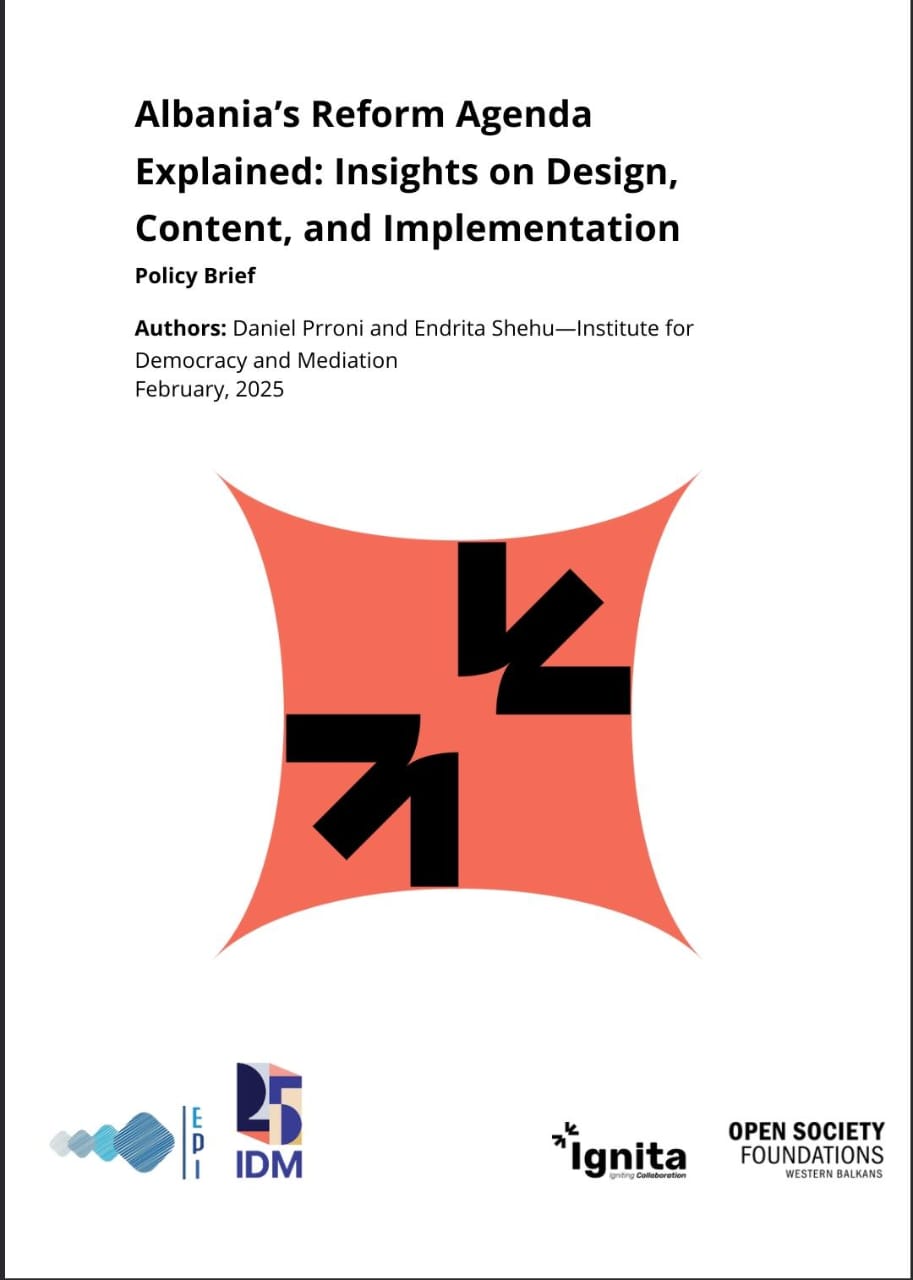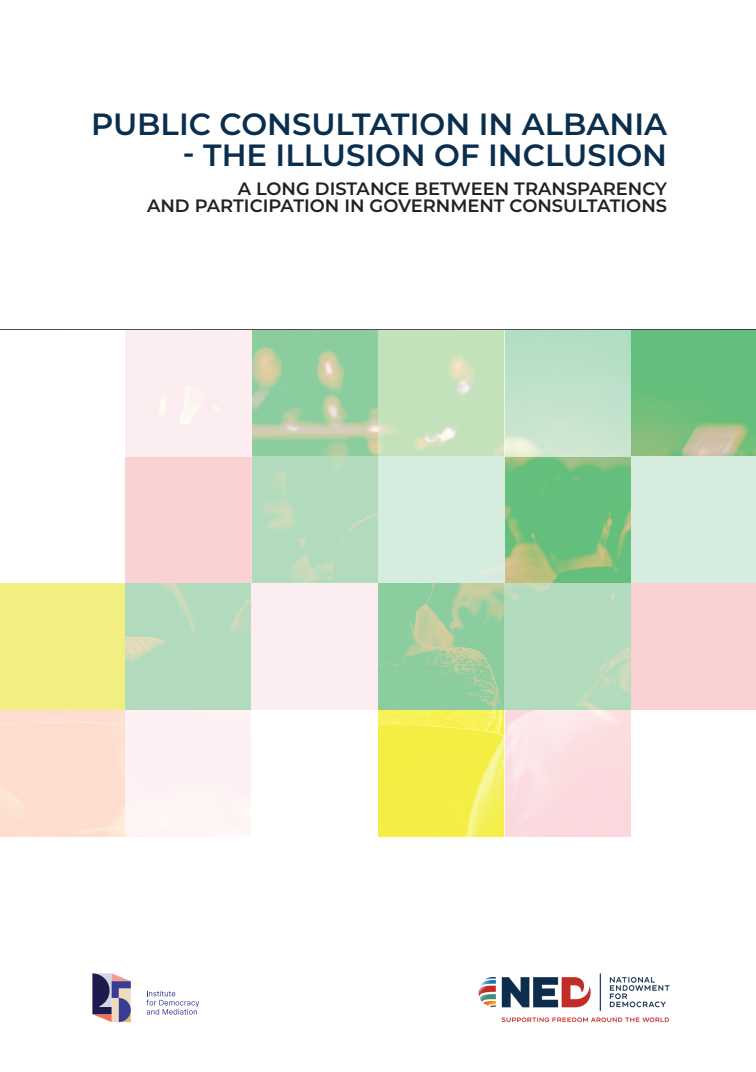The “OSCE Network of Think Tanks and Academic Institutions” published recently the report on “Threat Perceptions in the OSCE Area”. This is the first product focused on an analysis of a broad spectrum of threat perceptions that governments have and a comparison among them.
The OSCE Network is an autonomous OSCE-related track II initiative. It provides expertise, stimulates discussion and raises awareness of the OSCE.
While being used for sharing expertise and the co-ordination of activities among its members, it is neither an OSCE structure nor is it subordinated to the OSCE or its participating States. The Network’s members are 35 research institutions from across the OSCE area, engaged in academic research and policy analysis on issues relevant to the OSCE’s security agenda, but it is a flexible and informal format, open to think tanks and academic institutions that are willing and able to contribute academic expertise and policy analysis on OSCE-relevant issues. For more information referring the “OSCE Network” please see the link at: http://osce-network.net/documents.html
The “Threat perception…” report is based on 18 country reports from institutes and think tanks of participating states, distributed over the OSCE area. It was completed during late January and early February 2014, with a separate part, added in an attempt to assess possible changes in threat perceptions in the wake of the Ukrainian crisis.
A distinguished finding of the report is the shared prominence of perceived domestic threats combined with questions about the efficiency and legitimacy of governance. As for the transnational threats, the more developed states feel strong enough to deal with them.
On the other hand, those states which face the most serious domestic challenges are also hardest hit by transnational threats. Military threats are perceived as “outstanding” by just a few of analyzed states, but the Ukrainian/Crimean crisis, as described in the report, has led to a new level of divergent perceptions of military and other external threats.
The Institute for Democracy and Mediation, Tirana, joined the “OSCE Network” and contributed to the Report with its assessments based on the analysis of the official security documents in Albania as well as interviews conducted with mid-level experts of the most prominent Albania’s security institutions.
For more information please see the report on “Threat Perceptions in the OSCE Area” or download it from OSCE website at: http://osce-network.net/fileadmin/user_osce-network/documents/Threat_Perceptions_in_the_OSCE_Area.pdf






